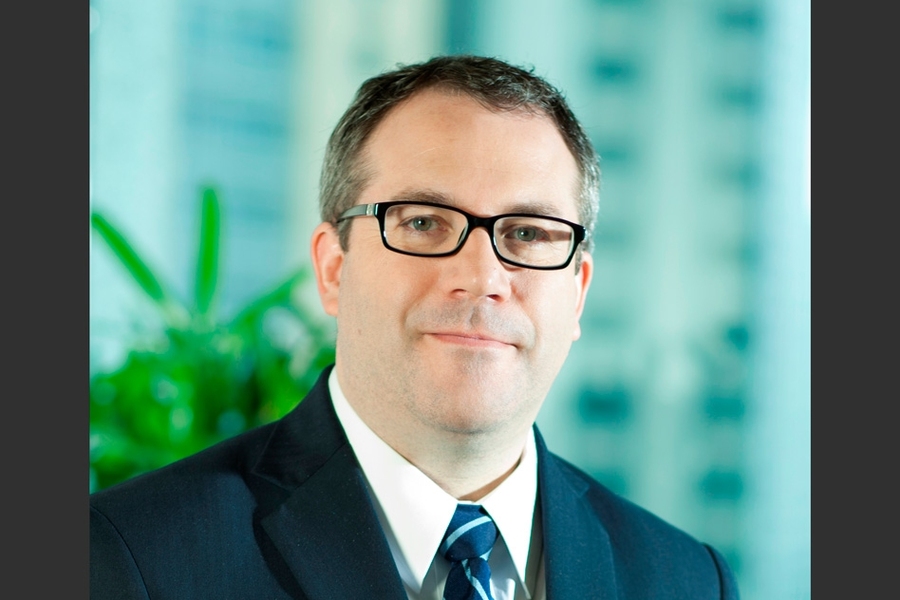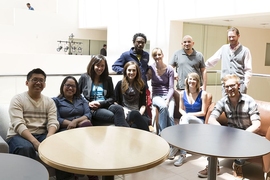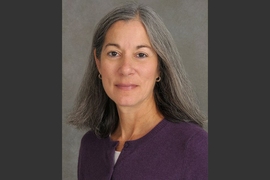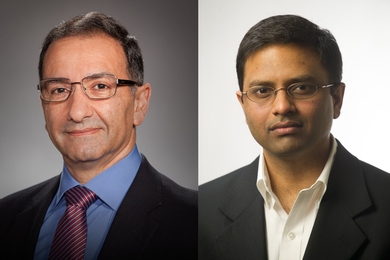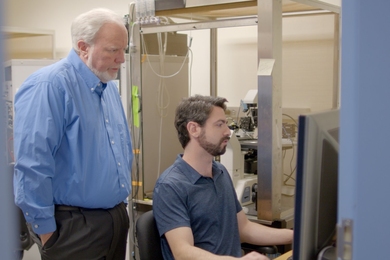Nick Diehl, an ombudsperson with more than a decade of experience working in corporate, government, and academic sectors, has joined the MIT Ombuds Office. The office provides confidential, neutral assistance to MIT faculty, students, and staff to help resolve issues affecting their work and studies at the Institute.
Diehl began in his role on Aug. 28. He succeeds Ombudsperson Toni Robinson, who retired this summer after 19 years of service to the Institute. Diehl will work alongside MIT’s other ombudsperson, Judi Segall.
The MIT Ombuds Office was established more than 35 years ago and helped develop standards of the practice for the organizational ombudsman field. In addition to providing independent conflict management and communication support to individual students, faculty, and staff, MIT ombudspersons offer systemic feedback to Institute leadership on “how to reinforce the fabric of the MIT community,” as Diehl puts it.
“We’re a confidential resource to help people to examine issues of concern, explore a variety of options, and develop strategies for moving forward constructively,” he says. “Equally important is our role in strengthening the institution. We look for trends in the types of concerns being raised, identify root causes of issues, and make recommendations for systemic improvements.”
Prior to coming to MIT, Diehl was the ombudsperson at the Asian Development Bank in Manila, Philippines. The office served more than 3,000 staff members in headquarters and 30 country offices, representing 57 different nationalities. In this role, Diehl advised bank leadership on emerging organizational issues, worked with staff to resolve individual workplace concerns, and raised awareness of the office’s services across the organization.
Diehl has also served as an ombudsperson for the American Red Cross, the National Institutes of Health, and Princeton University. He has also held positions as a mediator and in corporate communications.
He is pleased to be returning to a university campus, where he says the energetic intellectual environment is similar to what he experienced growing up in a small college town in Vermont, where his parents were music teachers. Many of the themes of his work as an ombudsperson come into clear relief in this setting, Diehl says.
“More now than ever, it’s important to support an environment in which people can disagree constructively. Helping to resolve issues is not necessarily about getting everyone in alignment in their thinking or beliefs; rather it’s about listening, understanding others’ perspectives, and always challenging ourselves to think differently. This is at the core of learning and growth,” he says.
Diehl earned a bachelor’s degree from the University of Vermont in 1995, a master’s in conflict analysis in resolution from the University of North Carolina at Greensboro in 2006, and a master’s in organization development from American University in 2011. He has served as a consultant on projects for the World Bank Group, the Zuidas business district in Amsterdam, and the United Nations in New York. Diehl is a certified organizational ombudsman practitioner and was president of the International Ombudsman Association from 2012 to 2013.
